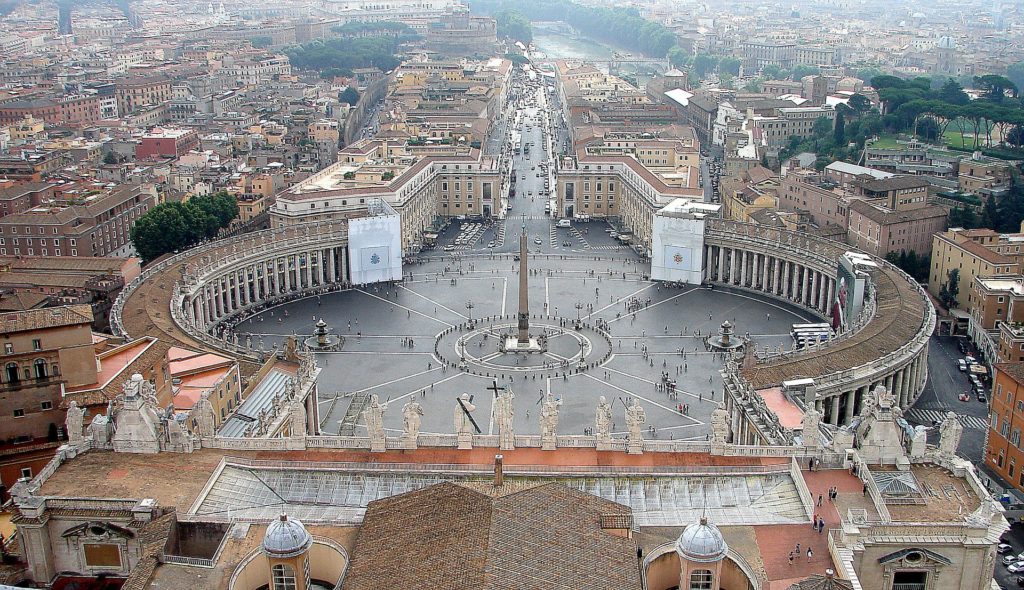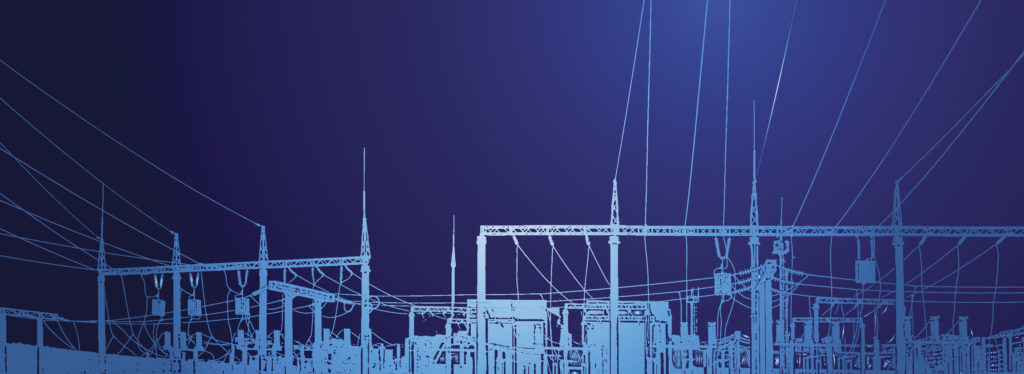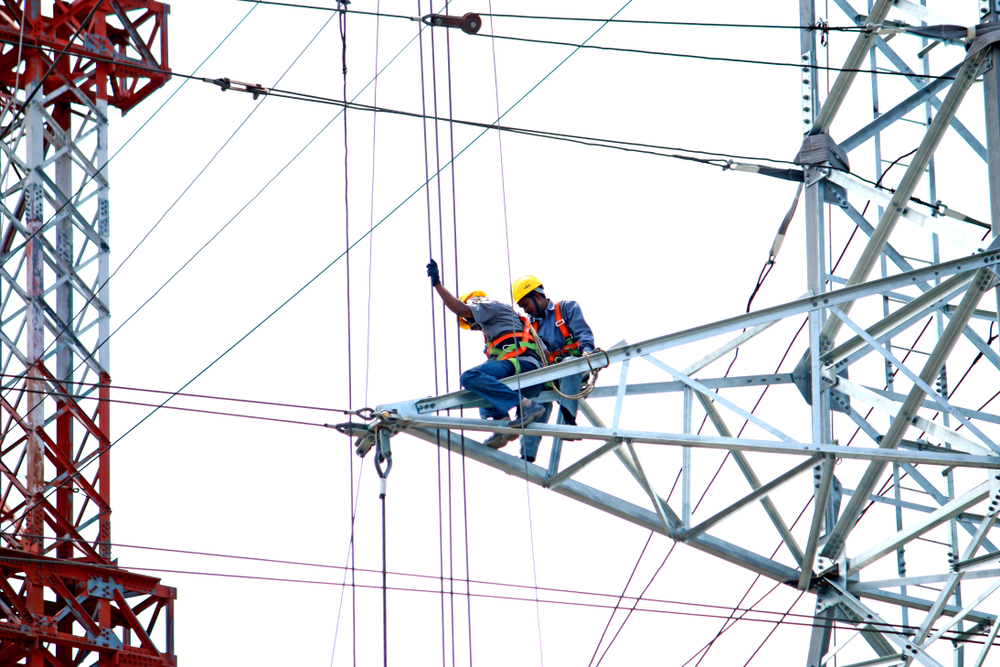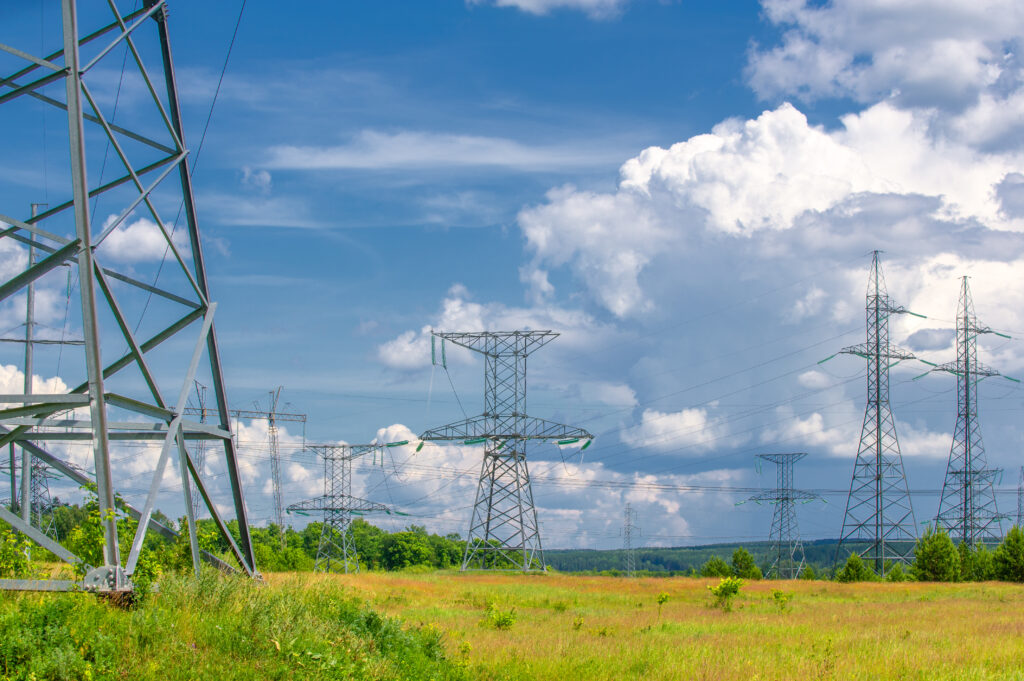Pope Francis is headed to the United States for a visit this week. Excitement is such that papal masses are the hottest ticket in D.C., Philadelphia, and New York City. In preparation for the visit, I have been reading the recent papal encyclical on environmentalism, Laudato Si, ostensibly about “care for our common home.” Part of the Church’s job is to say uncomfortable things, and to advocate for the poor, but the encyclical fails to make the most of its opportunity to influence environmental policy. It is a mix of anti-capitalist rhetoric and 1970s Liberation Theology, with a few echoes of 1960s Gaianism thrown in. Many, and conservatives in particular, will feel that the encyclical’s general disdain for modern society overwhelms and devalues its environmental message. Consequently, the Pope’s opinions on environmental issues are likely to have a limited influence on the real-life behavior or views of the religious, for much the same reason that the church’s positions on divorce, birth control, and abortion are so widely ignored by otherwise devout believers; a sense of detachment from the reality of their everyday lives.
I’m sure much of the encyclical reflects the Pope’s authentic personal views. Yet I suspect that much of its message also has to do with the way he is being “marketed” by the Vatican PR guys. (Yes, the Vatican has PR guys.) Some of the enthusiasm for the Pope’s U.S. visit flows from the exalted nature of his office; American Catholics don’t get the chance to see the temporal boss in the flesh very often. Much of the enthusiasm is unique to Francis, however, and reflects the power of his undeniable personal charisma. But there’s more to it than that. The Vatican has nurtured the idea, which has been embraced by the media, that this pope is “different,” more in touch with contemporary values than previous popes.
The American media are especially prone to talking about Francis as though he is more aligned with mainstream liberal thinking than his predecessors—even if this requires ignoring what he actually says. It’s hard not to see this as a product of strategically brilliant Vatican PR. It has established a comfortable framework for the pope’s visit, drawing focus away from tough questions about controversial issues facing the church. Press coverage of the visit will focus on areas that play well to the younger Americans, a group the church desperately needs to woo, as well as themes that play well in liberal circles. Both groups, of course, identify themselves as less religious, Catholic or otherwise, than the rest of the population.
What does this have to do with climate policy? Well, one of the most prevalent media themes is that the Pope’s call for action in Laudato Si will add to pressure mounting on Republicans to act on climate change. The New York Times, CNN, and MarketWatch have all run versions of this story. Even some right-leaning commentators who favor action on climate have said much the same thing.
Laudato Si is a long, dense document. It’s hardly surprising that few in the media have bothered to read it, and have contented themselves with speculation about the implications of “Pope Calls for Action on Climate” headlines. While the headlines are certainly true, for once, they fail to capture all that is in the document.
Laudato Si is centered on man’s relationship with God’s blessings as they are embodied in the planet Earth. It opens, channeling St Francis of Assisi, with the view that “our common home is like a sister with whom we share our life and a beautiful mother who opens her arms to embrace us.” This is just one of many echoes of 1960s Gaianism, with its focus on the harm we are doing to the “mother” planet.
The spirituality of the encyclical is peppered with vociferous anti-capitalism. (Interestingly this is always referred to using the less politically loaded term “consumerism”—perhaps they focus group these things too?) Economic growth and especially technology are, with a few grudging acknowledgements, generally seen as bad things. There is even a reference to “the myth of progress.” There is no acknowledgment that economic growth, despites its undesirable side effects, has proven to be the best way to lift billions out of poverty. Nor is there any recognition that the alternatives to capitalism have a lousy track record when it comes to reducing either poverty or inequality, or that some of them have facilitated worse things, such as gulags and concentration camps, which the encyclical mentions as evils of technology. The Pope is coming to D.C. from Cuba so he should, in theory at least, have had a chance to glimpse the adverse effects of communism at close range.
It also seems ironic that the head of the world’s longest established and largest multinational corporation, the Catholic church, which has a rather checkered record itself over the centuries—from the Spanish Inquisition to child abuse—should spend so much of the encyclical condemning multinational corporations in sweeping terms for the ecological sins of a few.
Conservatives will be reluctant to accept the need for action on climate change as long as “action” is strictly equated with big-government, anti-capitalist policy prescriptions. Laudato Si repeats and enthusiastically endorses these prescriptions. As a consequence, it will do little or nothing to broaden conservative support for the need to address climate change. That’s a tragedy.






